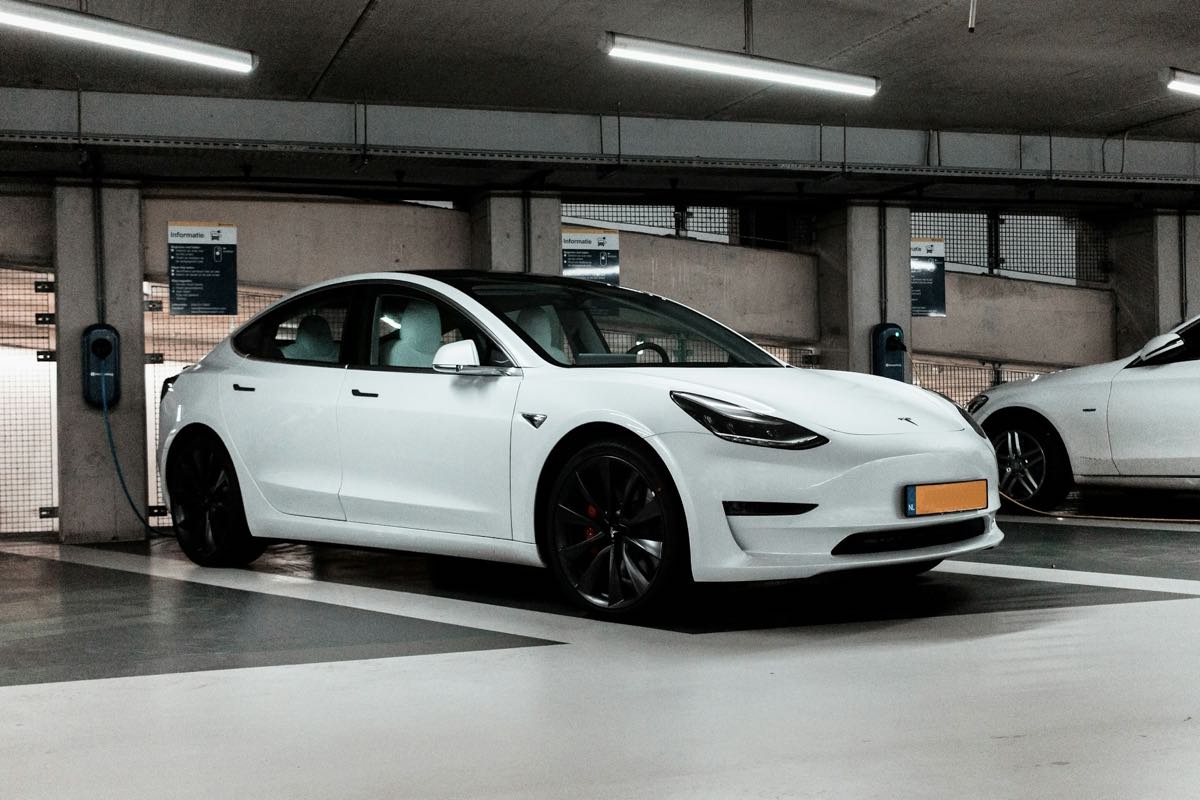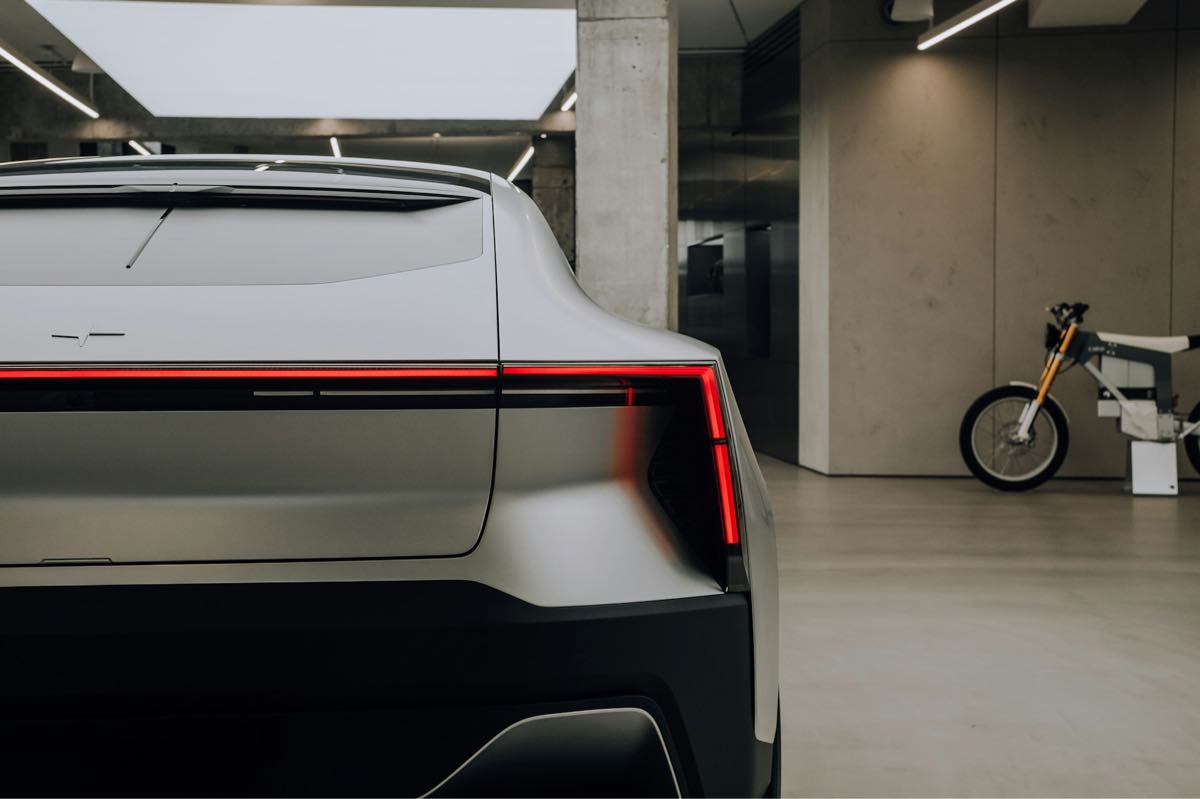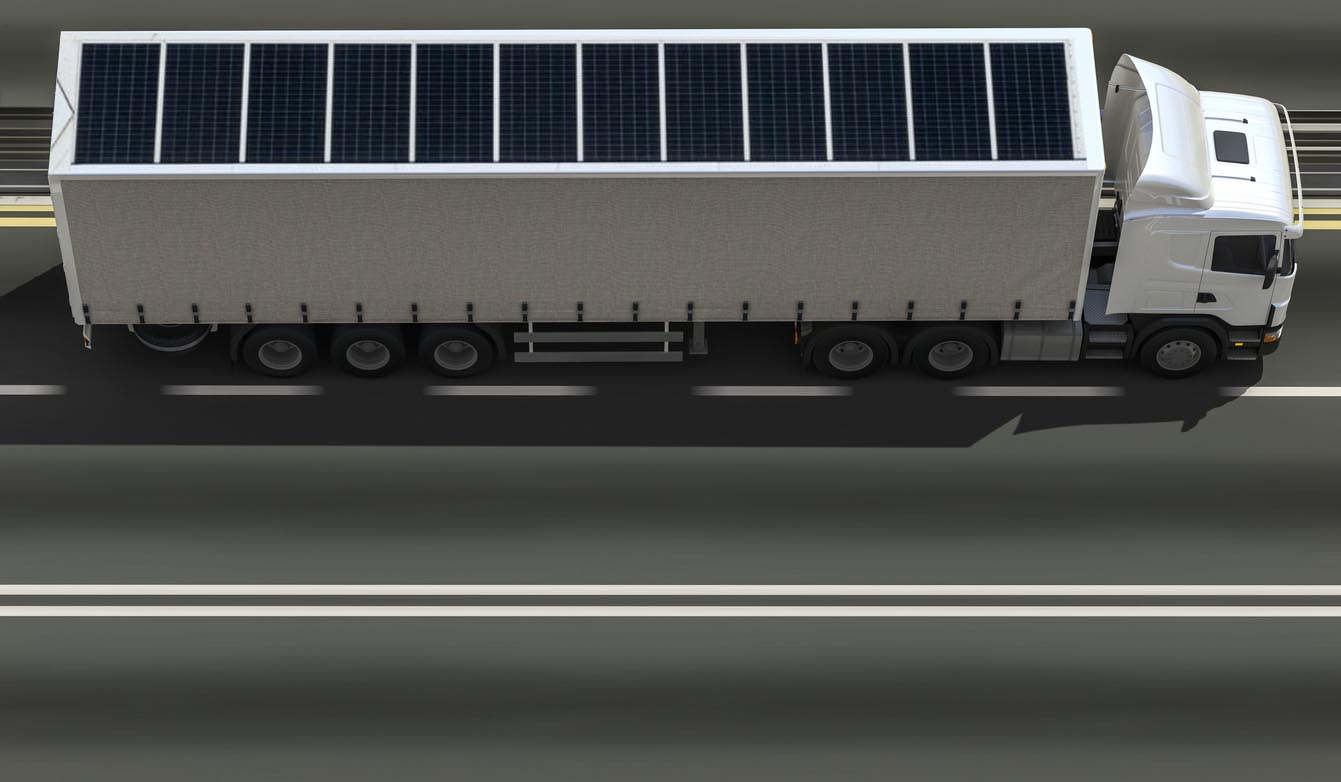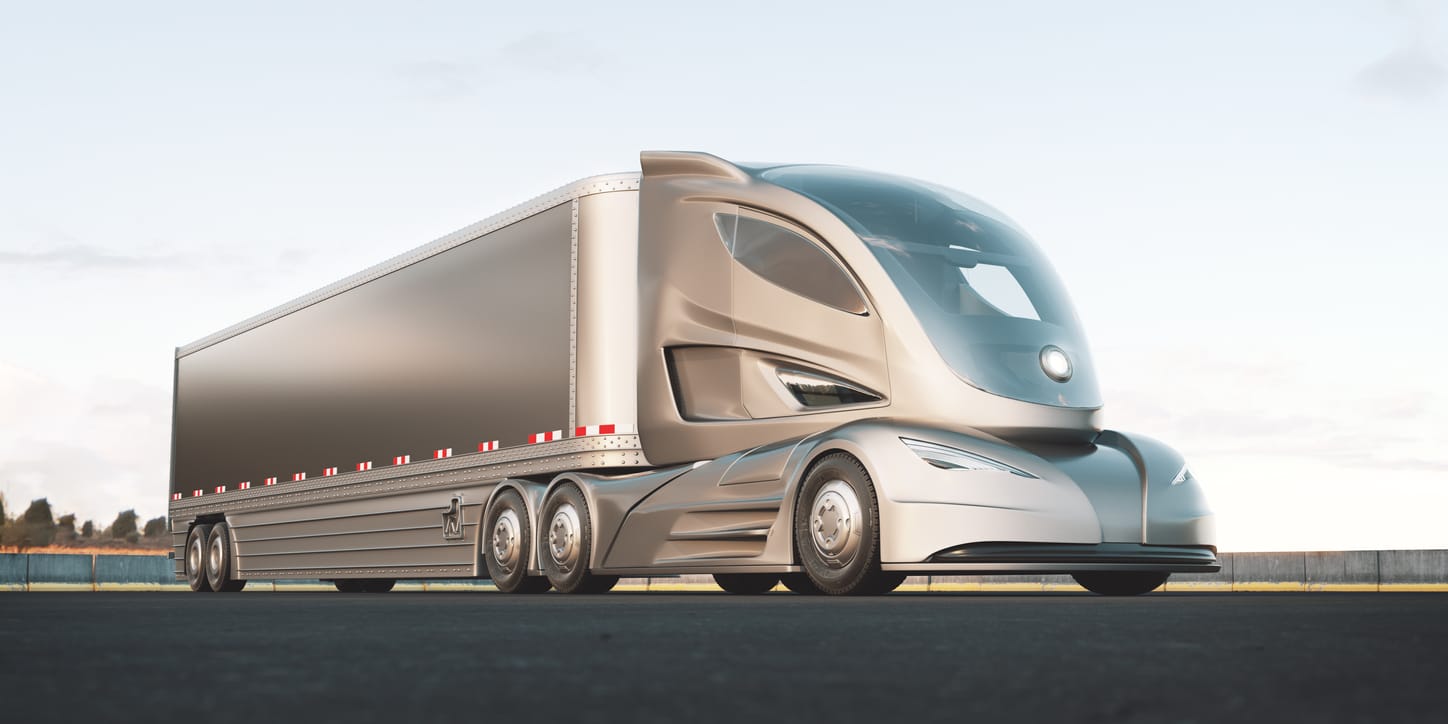The discussion on the dispute between gas-powered cars and electric vehicles (EVs) continues to develop, particularly in relation to the prices of fueling both types of vehicles in the United States. An recent study that was carried out not too long ago by the Anderson Economic Group sheds light on the present dynamics of fueling expenditures for both types of vehicles. The investigation also provides a thorough comparison based on different automobile categories. This research takes into consideration the most recent developments in the pricing of gasoline and electricity, and it examines the financial ramifications of having a gas-powered car as opposed to an electric vehicle.

Gas Prices versus Electricity Rates
The price of fueling cars has changed significantly as of late 2023. With an average fuel cost of $9.46 per 100 useful miles, classic gas-powered cars like the Honda Civic and Subaru Impreza are now more affordable for consumers thanks to a modest drop in gas prices. In contrast, because power rates are constant, EVs like the Nissan Leaf and Chevrolet Bolt have greater running expenses. The study draws attention to the discrepancy in fuel expenses and attributes it to the charging rates for electric vehicles in both residential and business settings.
Segment-Specific Analysis
- Entry-Level Cars: Comparison of the most common gas-powered and electric vehicle models.
- Midpriced Cars and Crossovers: How EVs like the Tesla Model 3 and Ford Mustang Mach-E compare to cars like the Chevrolet Equinox and Toyota Camry.
- Luxury Vehicles: The comparative analysis of premium gas costs and the financial implications between powering luxury gas cars and luxury electric vehicles.
- Pickup Trucks: With a particular emphasis on comparing the new electric pickup truck market against conventional gas and diesel-powered pickups.

Consumer Choices and Costs
The results of the study have important ramifications for consumer decisions, especially in light of variable gas costs and constant electricity rates. It implies that drivers may now save more money by using conventional gas-powered cars, especially when taking into account the average cost per 100 miles of useful driving. The cost dynamics of luxury segments and the special instance of pickup trucks, on the other hand, vary depending on fueling strategies and patterns of vehicle usage.
Environmental Considerations versus Economic Benefits
Although there are immediate financial advantages to driving a gas-powered car, this research also raises further questions on how such decisions affect the environment. Reducing carbon emissions and addressing climate change are common reasons for switching to electric vehicles, which emphasizes the importance of taking a balanced approach that takes both environmental sustainability and practicality into account.

Future of Electric Vehicle Costs
According to the report, the cost of EV fuelling may decrease as electric car technology develops and becomes more widely used. The possible price trends for electricity, advancements in battery technology, and the effect of more renewable energy sources on the cost of charging electric cars are all examined in this section.
Infrastructure and Policy Impacts
The economic environment around car fueling may also be significantly influenced by the advancement of charging infrastructure and regulatory regulations. This section of the conversation focuses on how future operating expenses for gas and electric vehicles may differ depending on investments made in charging infrastructure and incentives for buying electric vehicles.
The report from the Anderson Economic Group paints a complex picture of the cost dynamics that exist between gas-powered and electric automobiles in the US today. Although most consumers still find traditional gas cars to be a more cost-effective alternative, the situation is complicated and varies depending on the type of vehicle. The long-term picture may favor electric mobility, especially as society shifts towards more sustainable energy sources, since the economic sustainability of electric cars is intimately linked to the cost of power, the infrastructure for charging, and technical improvements.

Selecting an appropriate auto shipping company is essential when shipping your car across the nation or even just states. When it comes to shipping gas and electric cars, Ship A Car, Inc. is unmatched. Ship A Car, Inc., with an A+ rating from the BBB and licenses from the DOT and FMCSA, promises unmatched service quality. Our committed and informed transport coordinators are prepared to offer you the best auto shipping services available in the US, regardless of the gasoline type your car uses. To ensure a smooth travel experience for your car, give (866) 821-4555 a call right now. Alternatively, please click here if you would want to learn more regarding specialized shipping for electric vehicles.
Q: Are electric vehicles more expensive to fuel than gas vehicles?
A: A recent study found that fueling gas-powered cars is now less expensive overall than fueling electric cars, especially if charging takes place largely at home. When largely commercial charging is used, the cost difference becomes more apparent.
Q: Does the cost to fuel an EV depend on the type of vehicle?
A: Indeed, the research shows that EV fuel prices differ depending on the kind of car. The cost difference between luxury EVs and gas-powered luxury automobiles is less when luxury EVs are primarily charged at home, indicating that there might be considerable differences in the economic efficiency of EVs depending on the kind of vehicle.
Q: How might future trends affect the cost of fueling electric vehicles?
A: Future developments might lower the cost of gasoline for electric cars. These developments could include improvements in battery technology, the development of infrastructure for charging, and changes in power prices brought about by the greater use of renewable energy sources.




